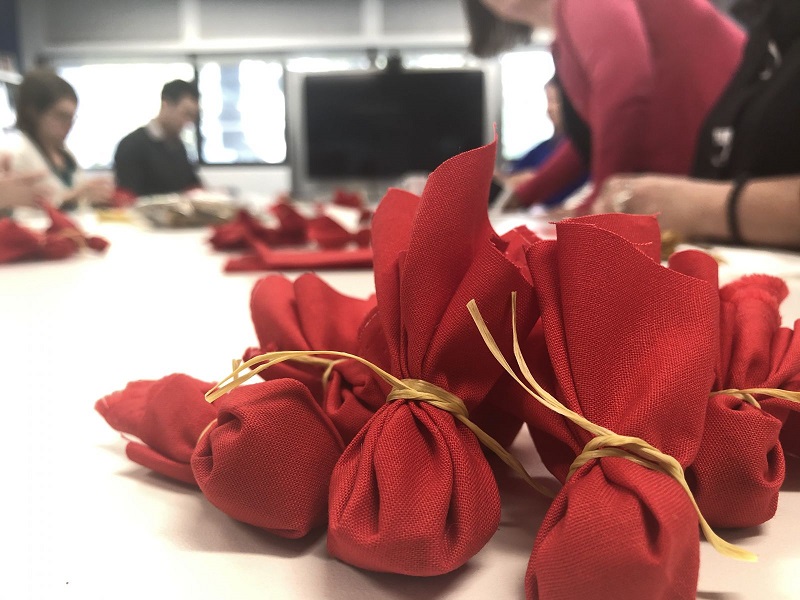 Do the work yourself. Addressing the Truth and Reconciliation Commission’s Calls to Action is the responsibility of every resident of Canada, and addressing the Queen’s University Truth and Reconciliation Task Force’s Recommendations is the responsibility of every person at Queen’s. Decolonization cannot be delegated to a single person in an office or left to a few departments on campus.
Do the work yourself. Addressing the Truth and Reconciliation Commission’s Calls to Action is the responsibility of every resident of Canada, and addressing the Queen’s University Truth and Reconciliation Task Force’s Recommendations is the responsibility of every person at Queen’s. Decolonization cannot be delegated to a single person in an office or left to a few departments on campus.- Speak a land acknowledgment at the start of each course, department meeting, or event. Learn how to pronounce the names appropriately, and how to speak it meaningfully and not tokenistically. Without making it all about you, explain how you are implicated and affected by what you’re saying.
- Learn more about the history and reality of Indigenous peoples in the land currently known as Canada and the land upon which Queen’s University sits.
- Hire Indigenous faculty and staff and be prepared to listen and adapt your practices rather than expecting them to adapt to yours.
- Take anti-racist, intercultural competency, and/or inclusivity and diversity training from the Human Rights and Equity Office and the Queen’s University International Centre.
- Talk about your specific situation one-to-one with CTL staff and with the growing number of Indigenous elders, knowledge keepers and educational support professionals around campus.
- Find opportunities on Queen’s campus and in the Kingston area for cultural dialogue and exchange. This might include Four Directions Indigenous Student Centre; fine art programming at the Agnes Etherington Art Centre, artistic programming at the Isabel; language programming with the Indigenous Languages Nest supported by the Faculty of Education, AKA Autonomous Social Centre, and numerous arts organizations, festivals, lectures, and other activities.
- Re-examine your course syllabus with an eye to uncovering Eurocentricism and fostering inclusivity, diversity, and Indigeneity.
- Commit to a lifelong journey rather than expecting a simple quick fix. Decolonization is a process, not a product or a box to be checked.
- Ask for help, and share your successes and failures with others. This is not a journey that you need to take alone.
Authorship and Acknowledgments
This webpage was written by Robin Attas, Ph.D, settler educational developer in the Centre for Teaching and Learning at Queen’s University. Assistance and ideas came from Lindsay Brant (Mohawk), Ian Fanning (Algonquin-Settler), Laura Maracle (label-resister and mixed-race woman consciously living in Haudenosaunee tradition at Tyendinaga Mohawk Territory), Tim Yearington (Algonquin-Métis), and various Indigenous and non-Indigenous members of the Indigenous Knowledge, Curriculum, and Research Working Group of the Indigenous Council of Queen’s University.